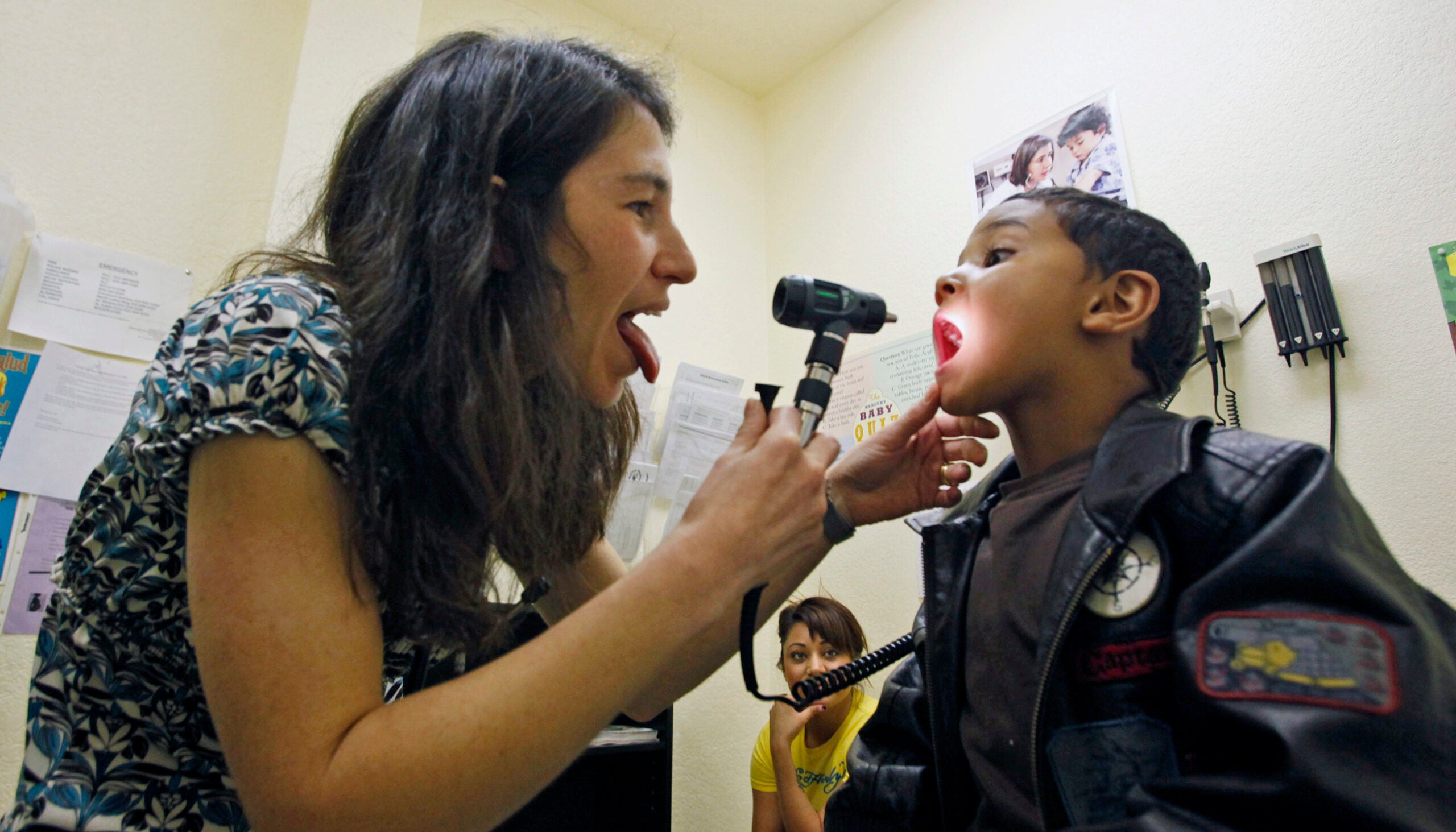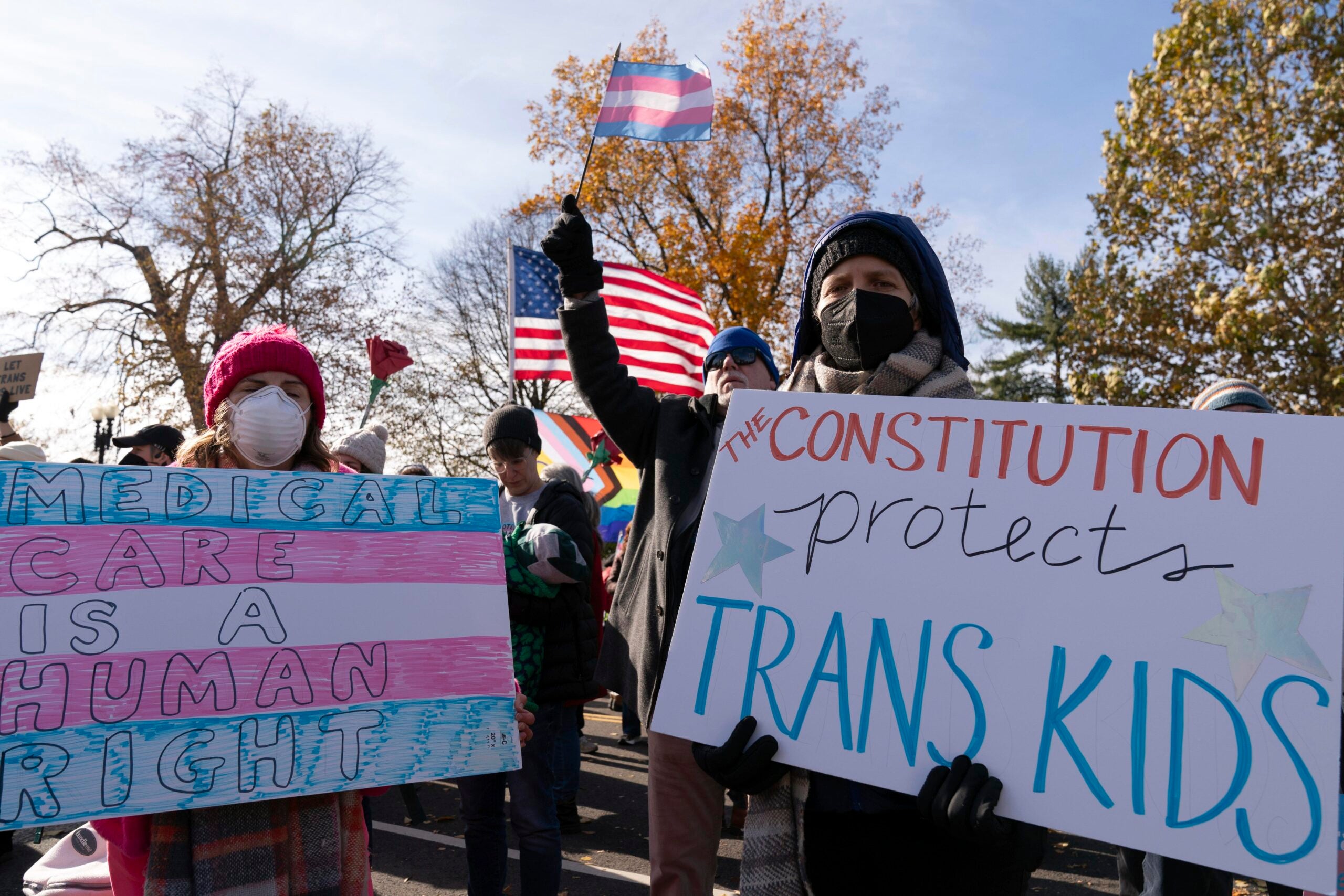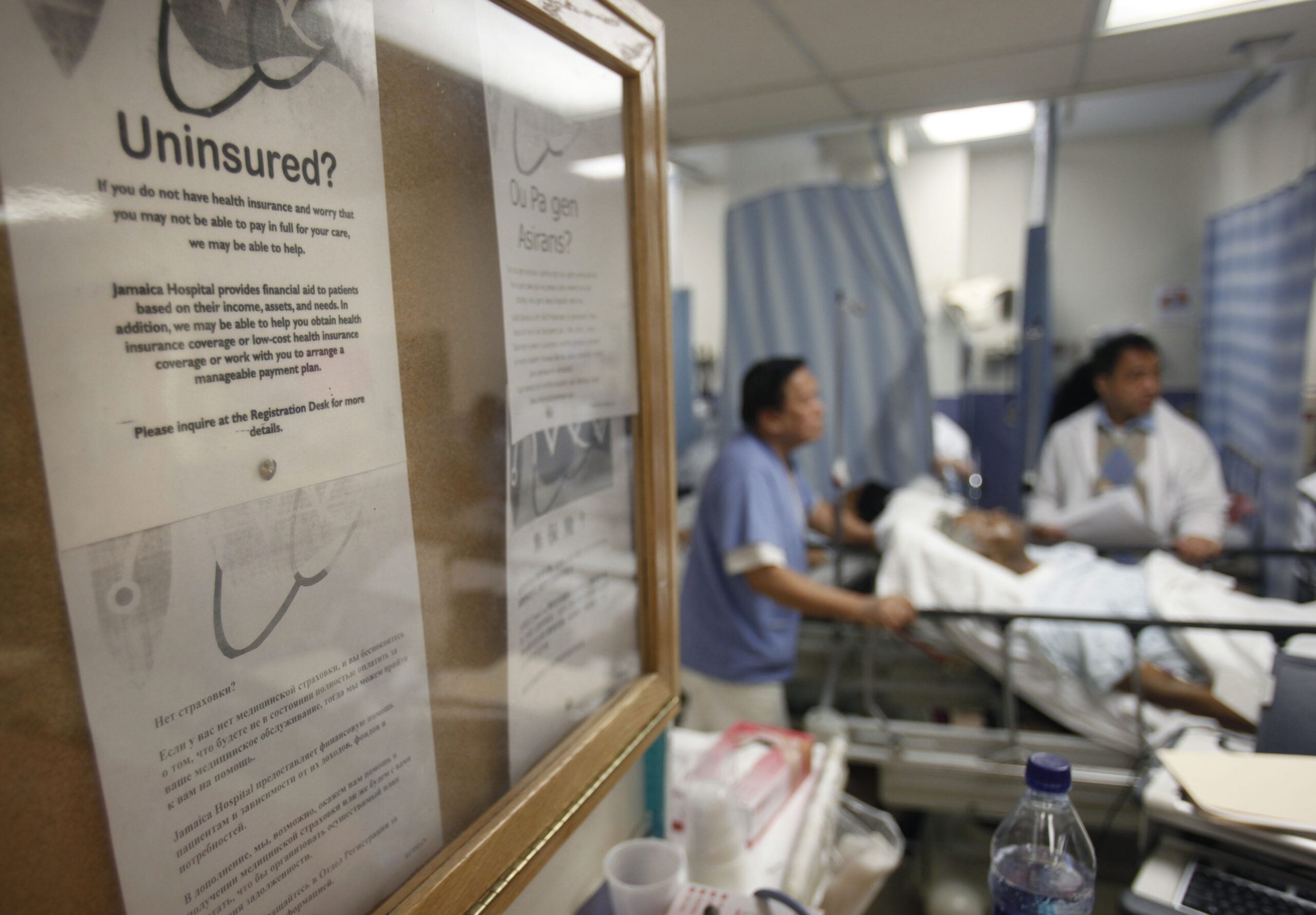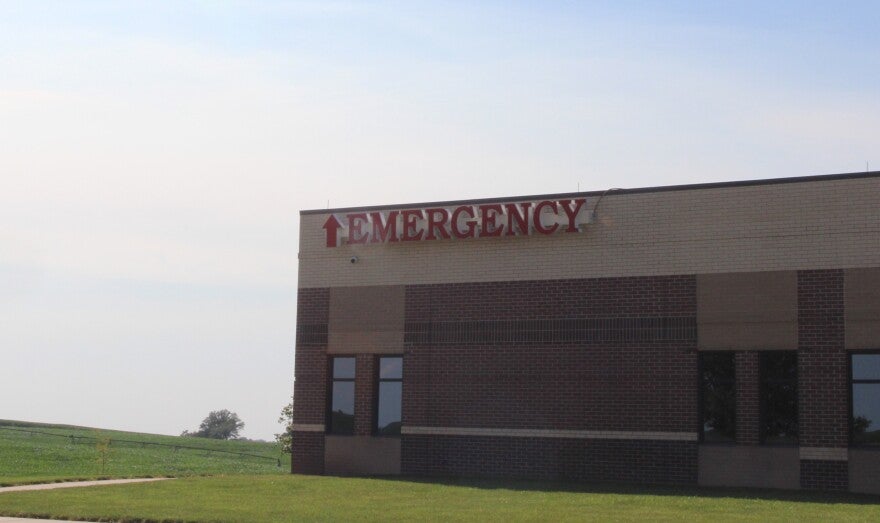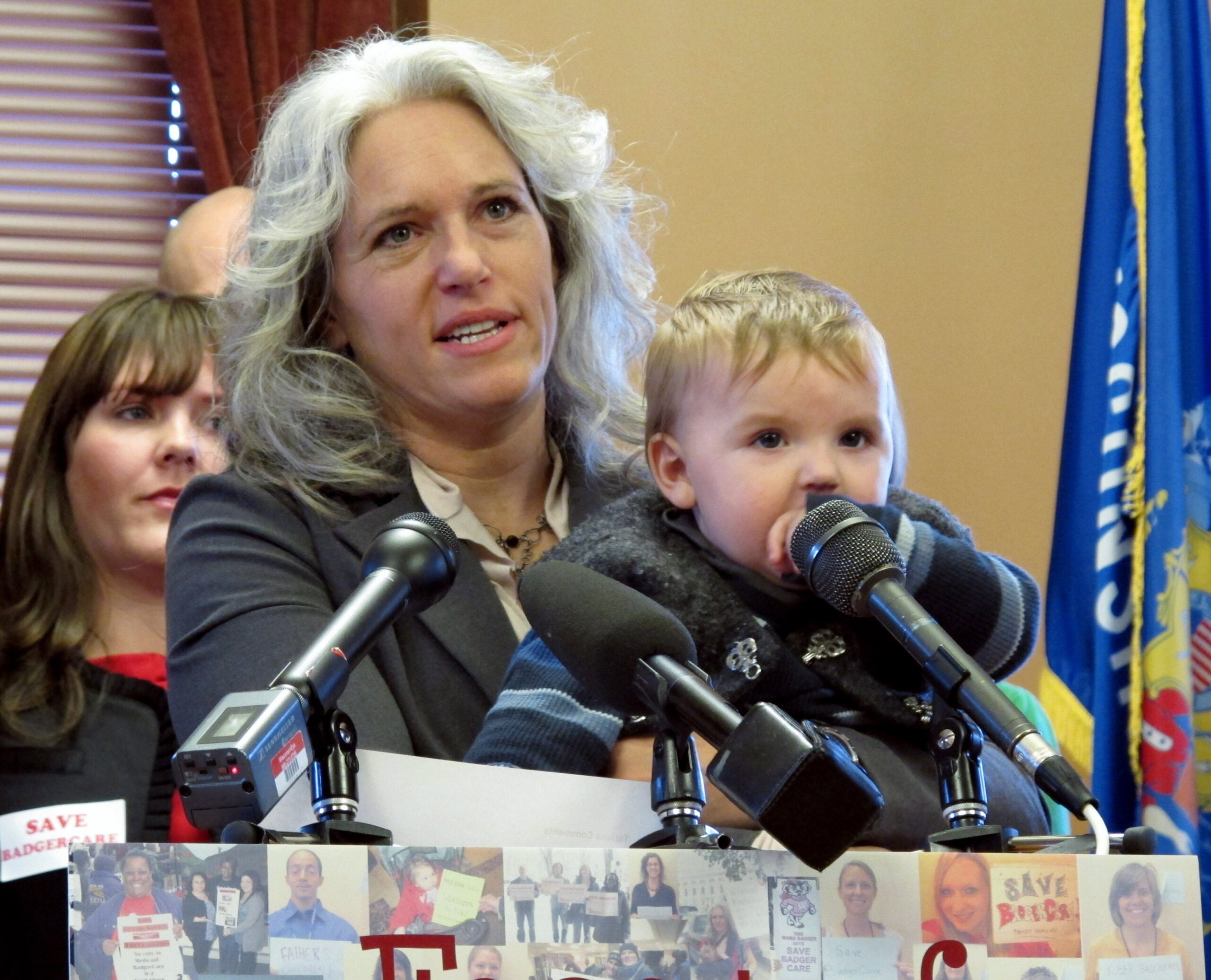A national report shows nearly a third of children in Wisconsin’s rural communities have Medicaid coverage.
The report from Georgetown University’s Center for Children and Families uses data from the U.S. Census Bureau to estimate the percentage of rural and small-town residents enrolled in Medicaid and the percentage in metropolitan areas.
The research found that nationally, a higher percentage of children and non-elderly adults in rural areas are enrolled in Medicaid compared to urban areas.
News with a little more humanity
WPR’s “Wisconsin Today” newsletter keeps you connected to the state you love without feeling overwhelmed. No paywall. No agenda. No corporate filter.
In Wisconsin, the data shows the two groups have similar percentages of children in the joint federal and state health insurance program, with about 32 percent of kids in rural areas and 33 percent of kids in metro areas.
Both rural and metro areas of the state have just under 15 percent of adults under the age of 65 enrolled in Medicaid. More than 14 percent of seniors in Wisconsin’s metro areas have Medicaid, compared to just under 12 percent in rural areas.
"I think there is a misperception that Medicaid is more important in urban areas, and that's just not the case," said William Parke-Sutherland, senior policy analyst with state advocacy group Kids Forward.
He pointed out that most counties in northern Wisconsin, a largely rural area, have more than a third of children enrolled in Medicaid.
The report shows Milwaukee County, the state's largest urban area, has the highest percentage of kids enrolled in a Medicaid program at 47 percent. The next highest percentages are in the rural counties of Menominee, with nearly 39 percent, and Adams, with about 38 percent.
Parke-Sutherland said BadgerCare and other Medicaid programs are a critical part of revenue for the state's rural hospitals and health care providers.
He acknowledged reimbursement rates are often considered too low compared to private health care plans. But without public insurance, Parke-Sutherland said, many of these patients would be uninsured or unable to pay for care.
"It's an important ingredient in the payer mix that allows health systems to stay open and to be vital sources of care, employment and economic well-being in their communities," he said.
The report comes days after Republican leadership in Congress proposed drastic cuts to Medicaid as part of a strategy to fund other policy priorities like tax cuts and border security.
Joan Alker, author of the report and executive director of Georgetown University's Center for Children and Families, said Medicaid plays an important role in increasing access to preventive care for low-income individuals and families.
"There are a whole cascade of consequences if the country makes a decision to start trimming care," she said. "These (proposed cuts) are very short-sighted, particularly when you're talking about children, particularly when you're talking about prenatal care."
She said individuals end up being sicker and relying on emergency services, making Medicaid a "better investment of taxpayer dollars" long term.
Wisconsin Public Radio, © Copyright 2025, Board of Regents of the University of Wisconsin System and Wisconsin Educational Communications Board.

